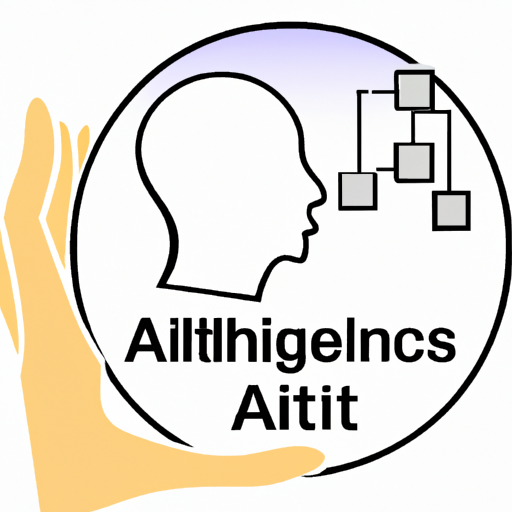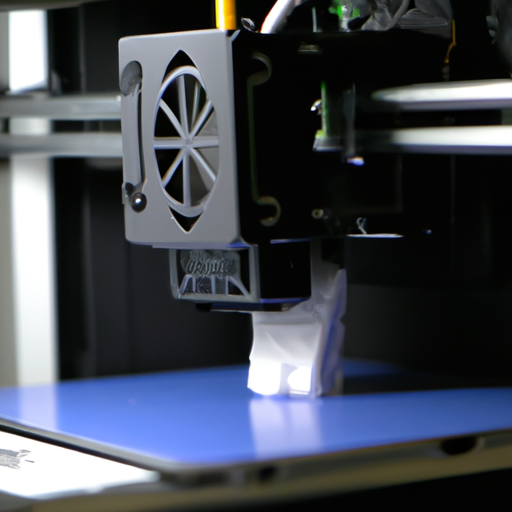Artificial Intelligence (AI) is transforming our world in ways we could only imagine a few decades ago. From self-driving cars to complex decision-making algorithms, AI is at the forefront of technological advancement. However, with great power comes great responsibility. This is where AI ethics comes into play.
What is AI Ethics?
AI ethics refers to the moral considerations and guidelines that govern the development and use of artificial intelligence technologies. It encompasses questions about fairness, transparency, accountability, and privacy in AI systems. Unlike traditional software systems, AI can learn and evolve, often leading to unpredictable behaviors. Thus, ethical considerations are paramount to ensuring that AI benefits humanity.
The Importance of AI Ethics
- Protecting Data Privacy: With AI systems processing vast amounts of data, protecting user privacy is critical. Businesses must implement ethical data practices to gain public trust.
- Promoting Fairness: AI algorithms can inadvertently perpetuate biases present in training data. AI ethics urges developers to address these biases to prevent discrimination.
- Encouraging Transparency: It is vital that AI systems operate transparently so users can understand how decisions are made—a principle that fosters accountability.
- Ensuring Accountability: As AI systems are involved in decision-making processes, defining who is responsible for the outcomes becomes essential in ethical discussions.
Key Ethical Considerations
Several key ethical considerations shape the conversation around AI ethics:
- Autonomy: How do we ensure that AI supports human autonomy rather than undermining it?
- Beneficence: How can AI systems be designed to do good and promote positive outcomes?
- Justice: How do we ensure that AI systems are fair and accessible to all, regardless of background?
- Non-Maleficence: How can we prevent AI from causing harm, whether intentional or unintentional?
Future Directions in AI Ethics
The discourse on AI ethics is evolving. As AI technologies become more pervasive, international collaborations will be crucial to establishing global ethical standards. Initiatives such as the UNESCO’s Recommendation on the Ethics of Artificial Intelligence aim to provide frameworks for responsible AI usage.
Conclusion
In summary, as we embrace the opportunities presented by artificial intelligence, we must also prioritize AI ethics to navigate the challenges it poses. Ethical considerations will not only foster innovation but also enhance public trust in technology. By addressing issues of responsibility, fairness, and accountability, we can create a future where AI serves the greater good.
For more insights on technology and ethics, subscribe to our blog and explore how we can navigate the digital landscape responsibly.




